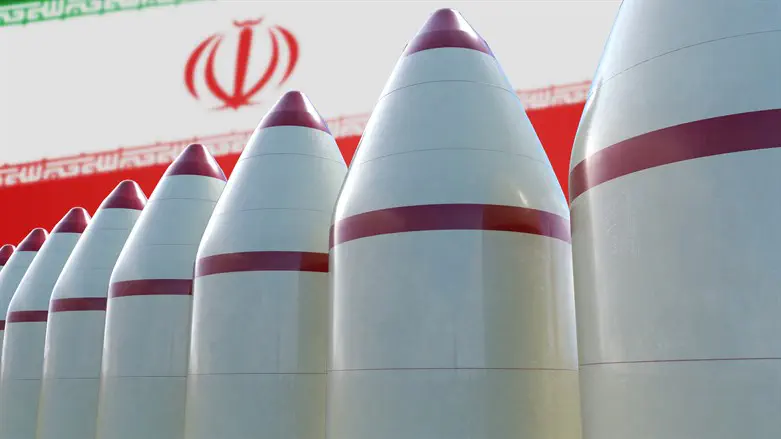
Iran's ambassador to the United Nations, Amir-Saeid Iravani, declared Sunday that the Islamic Republic's nuclear enrichment program "will never stop," asserting it as an "inalienable right" for "peaceful energy" under the Nuclear Non-Proliferation Treaty.
Speaking to CBS News, Iravani emphasized Iran's readiness for negotiations, but rejected what he termed "unconditional surrender."
"Unconditional surrender is not negotiation. It is dictating the policy toward us," Iravani stated. He added that while Tehran is prepared for dialogue, "after this aggression, it is not proper condition for a new round of the negotiation."
Iravani also addressed concerns regarding the safety of International Atomic Energy Agency (IAEA) Director General Rafael Grossi and the agency's inspectors, denying any threats from his government.
When pressed on calls for Grossi's arrest and execution, which US Secretary of State Marco Rubio attributed to a newspaper close to Iran's leader, Iravani affirmed he would condemn such actions.
However, the Iranian envoy acknowledged that Iran's parliament has suspended cooperation with the IAEA.
While inspectors "are in Iran, they are in safe conditions," he noted, "the activity has been suspended. They cannot have access to our site… our assessment is that they have not done their jobs."
Regarding diplomatic solutions, Iravani reiterated Iran's stance against any attempts by the US to "dictate the policy towards us." He referenced President Donald Trump's "unconditional surrender" demand, asserting, "If they are ready for negotiation, they will find us ready for that. But if they want to dictate us, it is impossible for any negotiation with them."
Iran’s Foreign Minister, Abbas Araghchi, confirmed on Friday that Iran would no longer cooperate with the IAEA, following US and Israeli strikes on the Islamic Republic’s nuclear facilities.
“The Parliament of Iran has voted for a halt to collaboration with the IAEA until the safety and security of our nuclear activities can be guaranteed,” Araghchi wrote in a post on X.
“This is a direct result of [IAEA Director-General Rafael Grossi’s] regrettable role in obfuscating the fact that the Agency—a full decade ago—already closed all past issues,” Araghchi added.
The Iranian Foreign Minister criticized Grossi for not condemning Israeli attacks on Iran.
“The IAEA and its Director-General are fully responsible for this sordid state of affairs. Grossi’s insistence on visiting the bombed sites under the pretext of safeguards is meaningless and possibly even malign in intent,” Araghchi claimed.
His comments came two days after Iran's Parliament approved a bill to suspend cooperation with the IAEA.
The Iranian government contends that a resolution passed earlier this month by the board of the IAEA, which declared Iran in breach of its non-proliferation obligations, paved the way for the recent Israeli strikes.
The resolution censuring Iran followed the most recent IAEA report on Iran’s nuclear program, which revealed a sharp increase in Iran's stockpile of uranium enriched to 60 percent, a level significantly closer to weapons-grade material.
Iran has rejected the IAEA report, claiming it was based on “unreliable and misleading information” provided to the agency by Israel.

